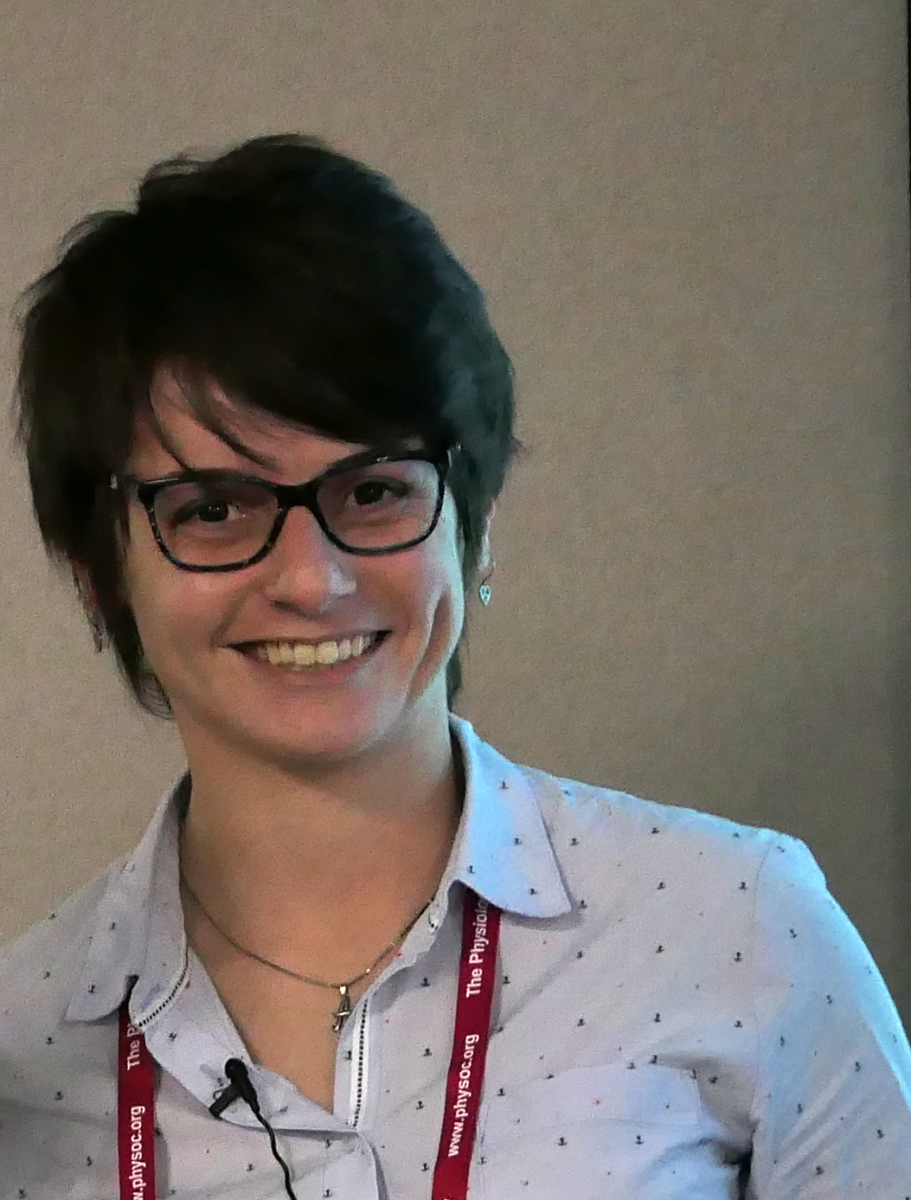Introducing our new Deputy ECR Representative
 On 1 September the British Society for Neuroendocrinology welcomes Dr Ashleigh Wilcox as our new Deputy Early Career Researcher (ECR) Representative. Ashleigh takes over from Dr Rebecca Dumbell who will be stepping up to becoming our new ECR Representative as Dr Jo Lewis steps down from his time in the role. The BSN ECR Representative role is a two year term - starting as Deputy in the first year and moving on to full ECR Representative in the second year.
On 1 September the British Society for Neuroendocrinology welcomes Dr Ashleigh Wilcox as our new Deputy Early Career Researcher (ECR) Representative. Ashleigh takes over from Dr Rebecca Dumbell who will be stepping up to becoming our new ECR Representative as Dr Jo Lewis steps down from his time in the role. The BSN ECR Representative role is a two year term - starting as Deputy in the first year and moving on to full ECR Representative in the second year.
Ashleigh is a Research Associate at the School of Physiology, Pharmacology & Neuroscience, University of Bristol. Her postdoctoral research focuses on mammalian circadian biology. Ashleigh was also the winner of the Early Stage Researcher Presentation Prize at the 2018 "Chrononutrition: from epidemiology to molecular mechanism" meeting, sponsored by our journal the Journal of Neuroendocrinology, for her excellent science and presentation skills in 2018.
I will always be more than happy to convey any suggestions on how the BSN can improve from my fellow ECRs and I encourage them to get in touch.
- Dr Ashleigh Wilcox, BSN's incoming Deputy ECR Representative
Here Ashleigh shares why she decided to apply for the role and what she hopes to bring to and learn from the BSN community:
Why did you decide to apply to become the BSN Deputy ECR Representative?
During the final year of my PhD I benefitted from being a member of the BSN and their activities; I wanted to ensure that these opportunities continued to be there for my peers going forward, and to contribute to society membership as a whole. I also thought this would be a great learning opportunity for me personally and a chance to develop as an academic outside of the lab.
What do you hope you'll learn from and bring to the BSN community as an ECR Representative?
I’ve recently graduated from my PhD and started my first Postdoctoral research position, so I’m aware of the difficulties in transitioning between student and independent researcher in the modern scientific climate. I’d like to think that I will bring first hand experience of the issues faced by ECRs and be able to give an honest (and perhaps even somewhat enthusiastic!) representation of this. Equally, it will be good to learn about the problems faced by more senior members of the BSN community and how the committee as a whole is able to respond to these in order to represent the best interests of all our members. Going forward, I will always be more than happy to convey any suggestions on how the BSN can improve from my fellow ECRs and I encourage them to get in touch.
We are looking forward to Ashleigh's enthusiastic input into the future of the BSN and its ECR membership.

